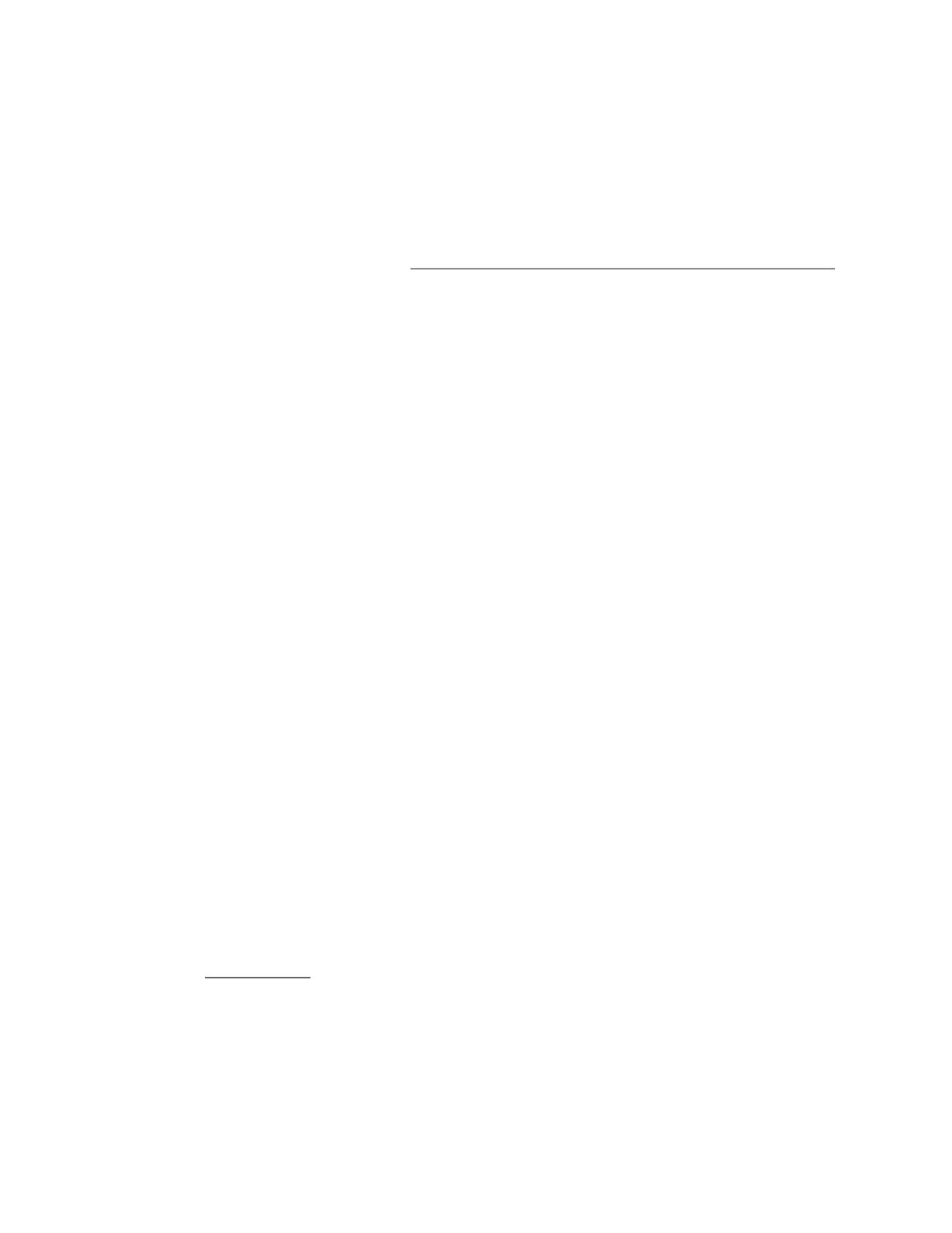

DAKOTA NURSING PROGRAM
Bismarck State College • Dakota College at Bottineau • Lake Region State College • Williston State College
4
2.
Active Learning:
In addition to educational strategies such as reading, listening, and reflecting, when appropriate
this class makes use of learning techniques commonly known as active learning. Students should expect to
participate in active learning techniques such as discussions and presentations, small group activities, writing,
problem-solving, movement, case studies, role-playing, etc. These activities promote analysis, synthesis, and
evaluation of class content in order to improve student learning outcomes.
3.
Assignments/Quizzes/Clinical Paperwork:
All assignments will be completed in order to pass the course. All
assignments must be completed and submitted on time in the manner specified by the faculty. Late/makeup work
will be graded a 0% unless previously arranged with the instructor. Students who submit late/makeup work may
receive an admonition notice and if work continues to be submitted late, they will progress through the disciplinary
process.
4.
Exams:
Students will notify the
coordinator/site manager AND the
lead course instructor
1 hour prior to
missing the scheduled exam for the day. Failure to notify these individuals or missing more than 1 exam day may
result in an admonition notice. Any exams that are not made up in one week will receive a 0% for a grade on that
exam. Students must make up the exam before or on the next date they are scheduled to be on campus. In the cases
of extenuating circumstances the lead instructor and site coordinator may extend the deadline for exams. It is the
student’s responsibility to contact the nursing coordinator to arrange a makeup exam. “Notification” means that the
student sends an email with the appropriate information to the lead nursing instructor and coordinator prior to one
hour before the exam is scheduled.
5.
Records of Grades:
The faculty strongly endorses the idea that each student is responsible for knowing his/her
own academic status based on grades from learning activities. Grades are recorded in the Pearson gradebook. Please
carefully review the student tutorial for an explanation of how grades are calculated in the program. Any time a
student has unsatisfactory averages, he/she should contact the instructor for guidance.
6.
Classroom Etiquette:
It is expected that students will show sensitivity to their peers as well as instructors by
avoiding any activity that may cause distraction during class. Incivility will not be tolerated and is grounds for
disciplinary action. Cell phone use (texting or talking), cameras, side conversations, and children are not allowed in
the classroom. Refer to ‘Handheld Device Use Policy’.
Nursing is a profession and thus requires professional behavior. It is expected that students will act in a
professional manner displaying commitment to learning in the classroom, lab, all clinical areas, all college areas,
and at all times in the public (including social networking sites including but not limited to Facebook, Twitter and
Google+) when representing the college or the profession of nursing.
Unprofessional behaviors will merit receipt
of admonition/critical behavior notices.
Refer to Professional Behaviors Table in the student handbook for examples of both professional and unprofessional
behaviors.
7.
Course study expectations:
Commitment to learning is important to success. For every semester credit hour you
are taking in a class, three hours needs to be set aside in your weekly schedule to read, study and devote towards
your education outside of class.
For example: NURS 120 (3 credit) x 3 hours = 9 hours/week to study (minimal recommended study hours per
week.)
This formula should be factored in for all of your classes, and soon you will see that many hours need to be devoted
to becoming a successful nursing student.
Attendance Policy


















